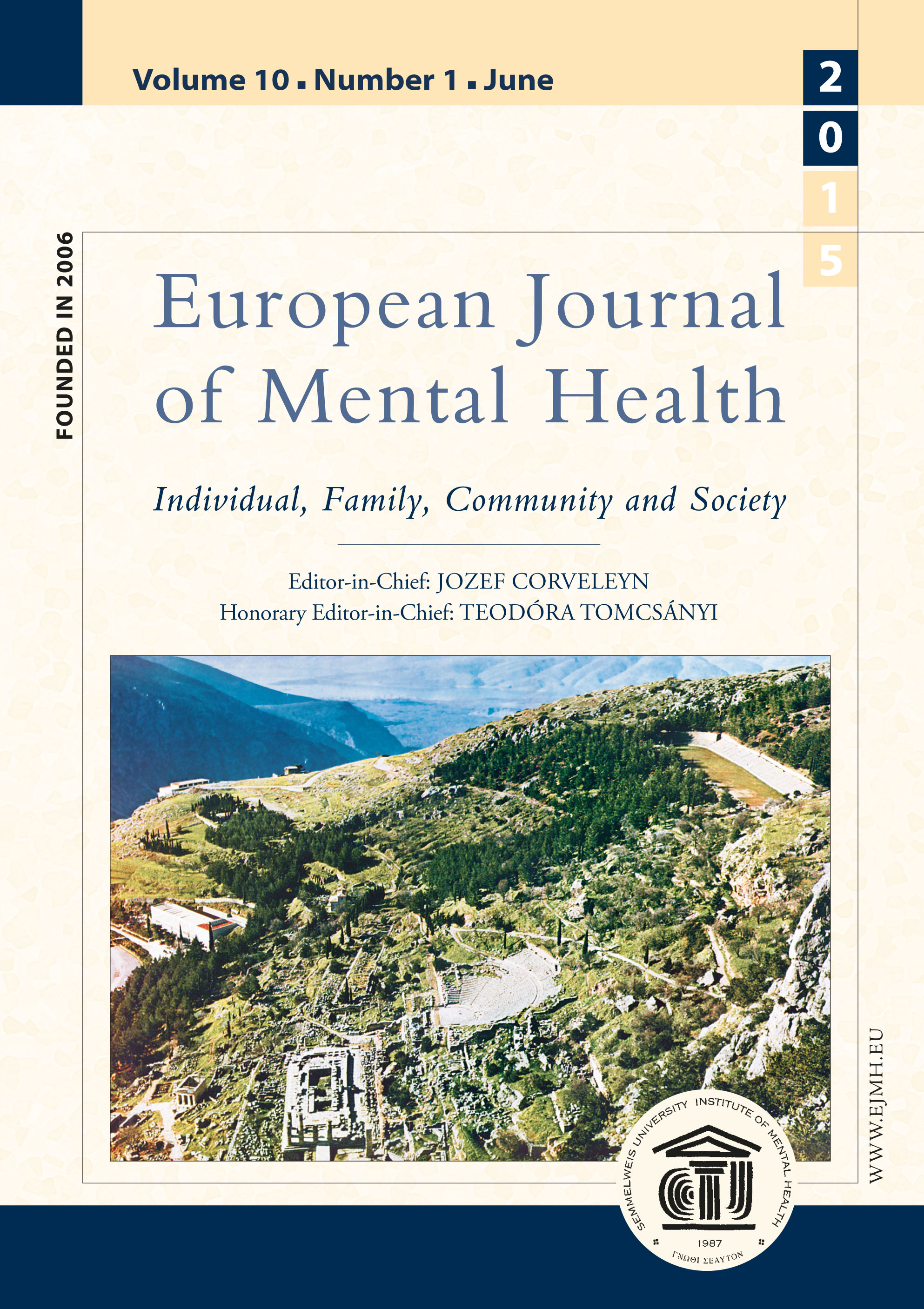Hungarian Red Sludge Disaster
Hungarian Red Sludge Disaster
Crisis Intervention and Aftercare – Proposed Protocols and Feasibility
Author(s): Annamária V. Komlósi, Júlia Richter, Sándor Rózsa, János FodorSubject(s): Communication studies, Social psychology and group interaction, Environmental interactions
Published by: Semmelweis Egyetem Mentálhigiéné Intézet
Keywords: disaster; Hungarian red sludge/mud disaster; mental health; Complex Crisis Management System (CCMS); psychosocial interventions; resilience; social capital; disaster communication
Summary/Abstract: This paper intends to describe the Hungarian red sludge disaster and the lessons drawn from three years of psychosocial interventions applied to manage the crisis from immediate aftermath until this day. Conclusions will be discussed in the light of international crisis intervention protocols, with special emphasis on interventions supporting mental health, resilience, and strategies of communication. Our sources include 1. published documents of events, 2. reports and notes of volunteer psychologists, 3. results of two preliminary studies on the impacts of the disaster. As a practical implication of our study, we suggest the redefinition of the Crisis Management System (CMS) in Hungary into a Complex Crisis Management System (CCMS) where mental health professionals work in close cooperation with other experts of the interdisciplinary crisis management team, and where continuity is ensured between the different phases of relief work. Generally less emphasised psychosocial consequences of disasters are pointed out and suggestions for a new data collection method are also introduced in this study.
Journal: European Journal of Mental Health
- Issue Year: 10/2015
- Issue No: 01
- Page Range: 23-43
- Page Count: 21
- Language: English

